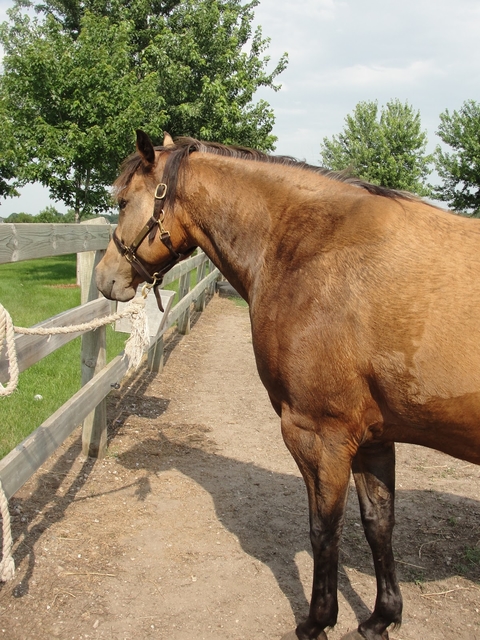Horse Sweating At Rest In Winter
My horse is growing her winter coat and she sweats on a regular basis also.

Horse sweating at rest in winter. After trotting for one hour at 10 miles per hour a horse has generated enough heat to boil 25 gallons 9464 liter of water. Some horses do sweat more than others ironically my fuzzball pony and my qh are fine right now maybe just a bit damp standing in the sun but my ottb is sweating like a pig. Obviously the excessive sweating is not weather related that i know how to manage. The very dry air that develops all around the country during the fall and winter months increases water loss from the respiratory tract and lungs.
Allergenic micro organisms in hay including bacteria fungi and minute particles of feed grains faeces. If you dont see sweat there the horse isnt sweating as well as he should. Horses also sweat when they have a high fever or are in pain or distress. This loss of fluids from excessive sweating itself result in dehydration which can cause worsening of systemic illness.
He thinks hes a wild mustang stallion untamable and impervious but in reality. Im trying anticipate how to handle this when its 30 degrees and shes still pouring sweat. I live in nc and it is still in the 70s. Sweat cools the horse nicely but only if the sweat can evaporate.
A horse that sweats well in winter can become a non sweater in summer. About two thirds of this heat is released through the skin with the aid of sweat evaporation. Then he gets itchy so he rolls in the dirt and then continues to sweat. Sweating is the most obvious sign that a horse is overheated and a blanketed horse sweats first beneath the material then along the neck and behind the ears.
Your horse loses water from his body in manure and urine and even in the air he exhales. Dilation of the capillaries in the skin. When the blood reaches vessels that lie just under the surface of the skin the excess warmth dissipates into the cooler outside air. It will mainly present during the winter months when horses spend more time in stables.
Overheating typically occurs in horses turned out during warming daytime weather in the same heavy blankets needed for still cold nights. On top of this the very dry diets that horses eat in winter also increase their requirement for water. As blood flows through the body of a horse at rest heat is absorbed from the muscles and organs. Who else has had a cushoind horse with this particular symptom regardless of the weather or hair coat.
A thick white foamy type of sweat often referred to as lather or soap is the excretion of fluids electrolytes and proteins.


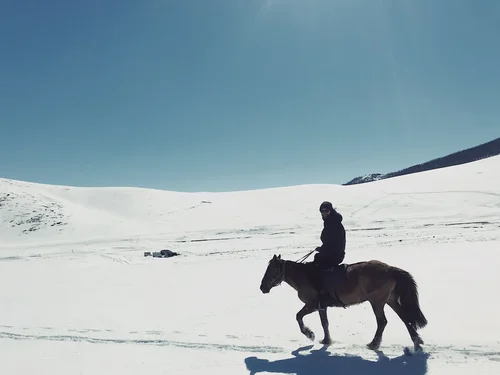
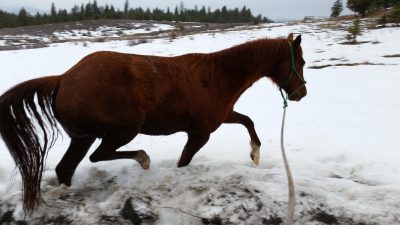




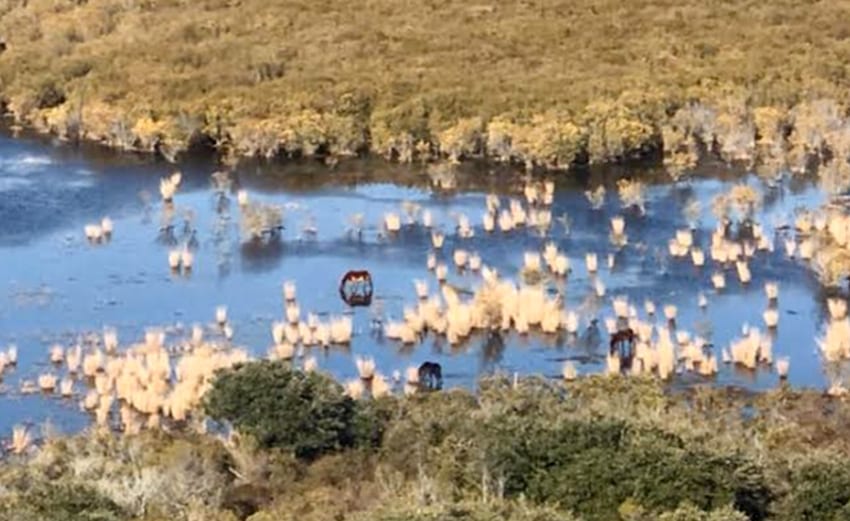









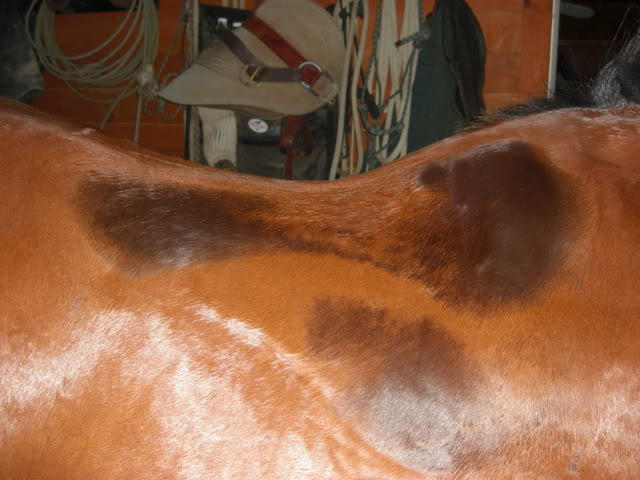
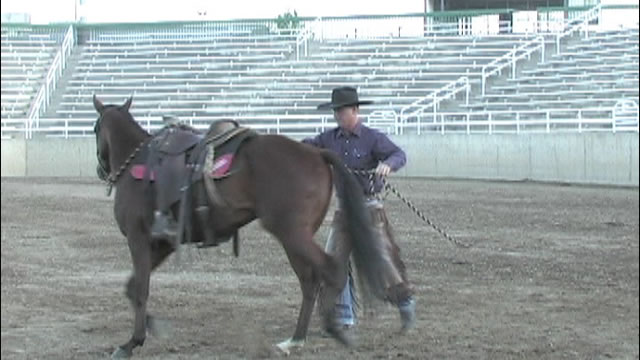
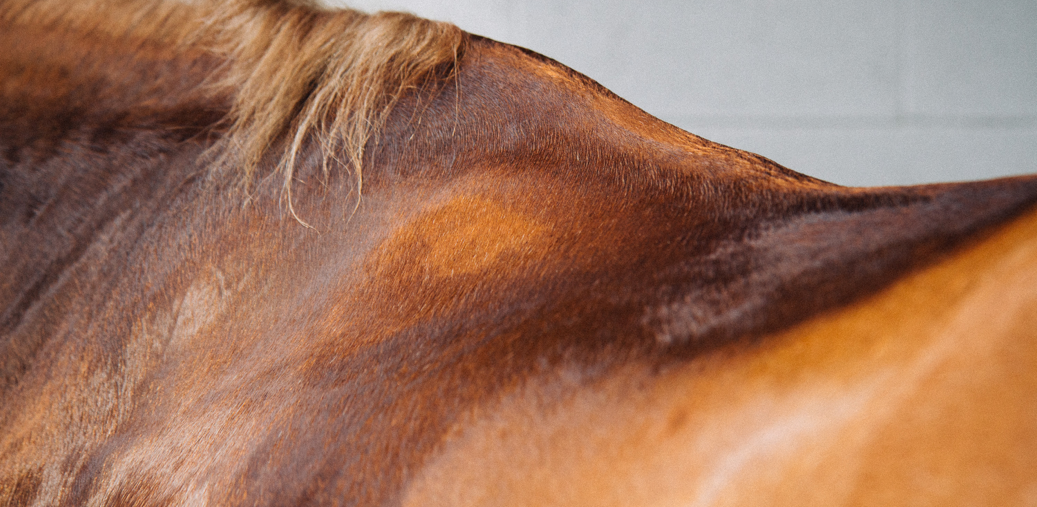

/GettyImages-562355191-59f0ab7f03f402001094eb19.jpg)
/young-woman-grooming-horse-with-sponge-545877887-5c3d1f7e46e0fb000108718c.jpg)


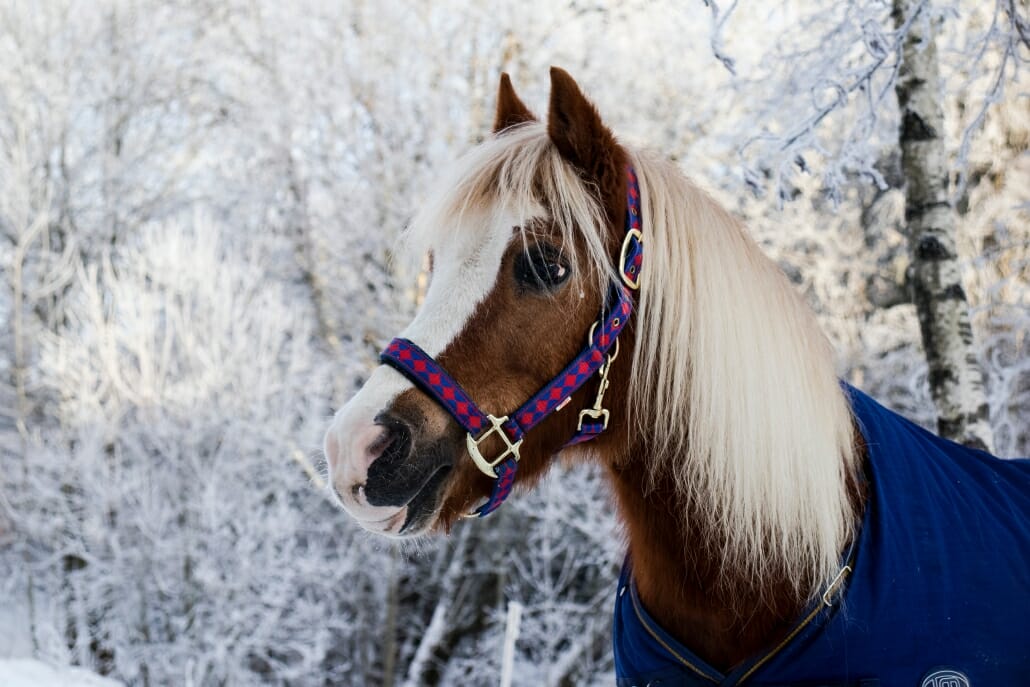




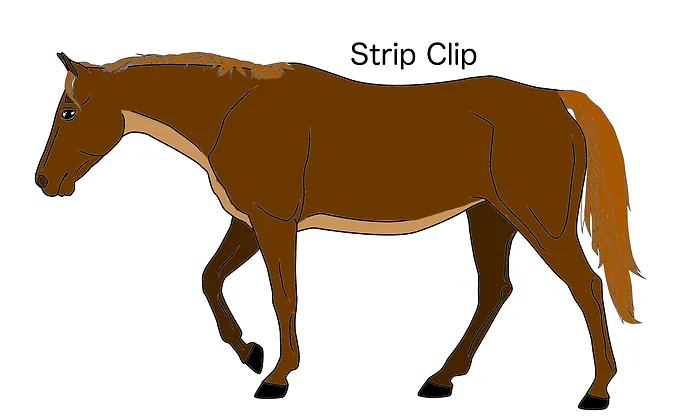



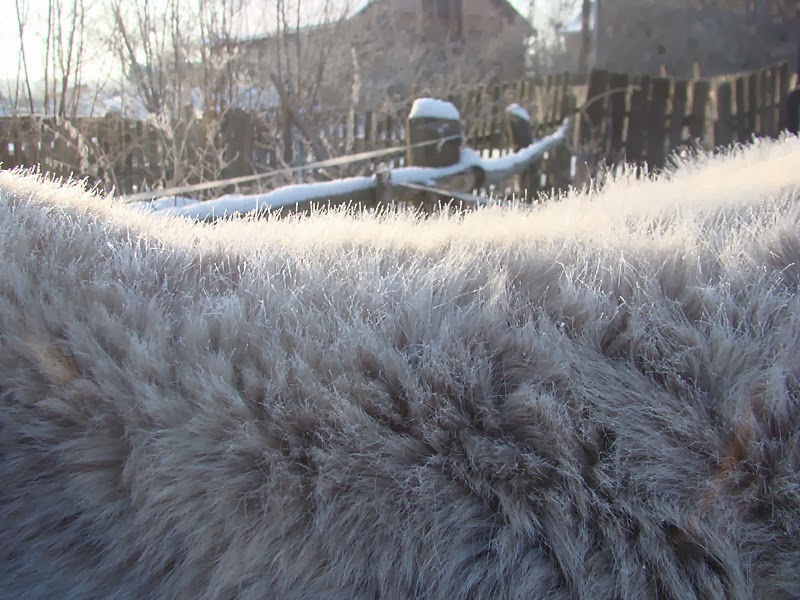


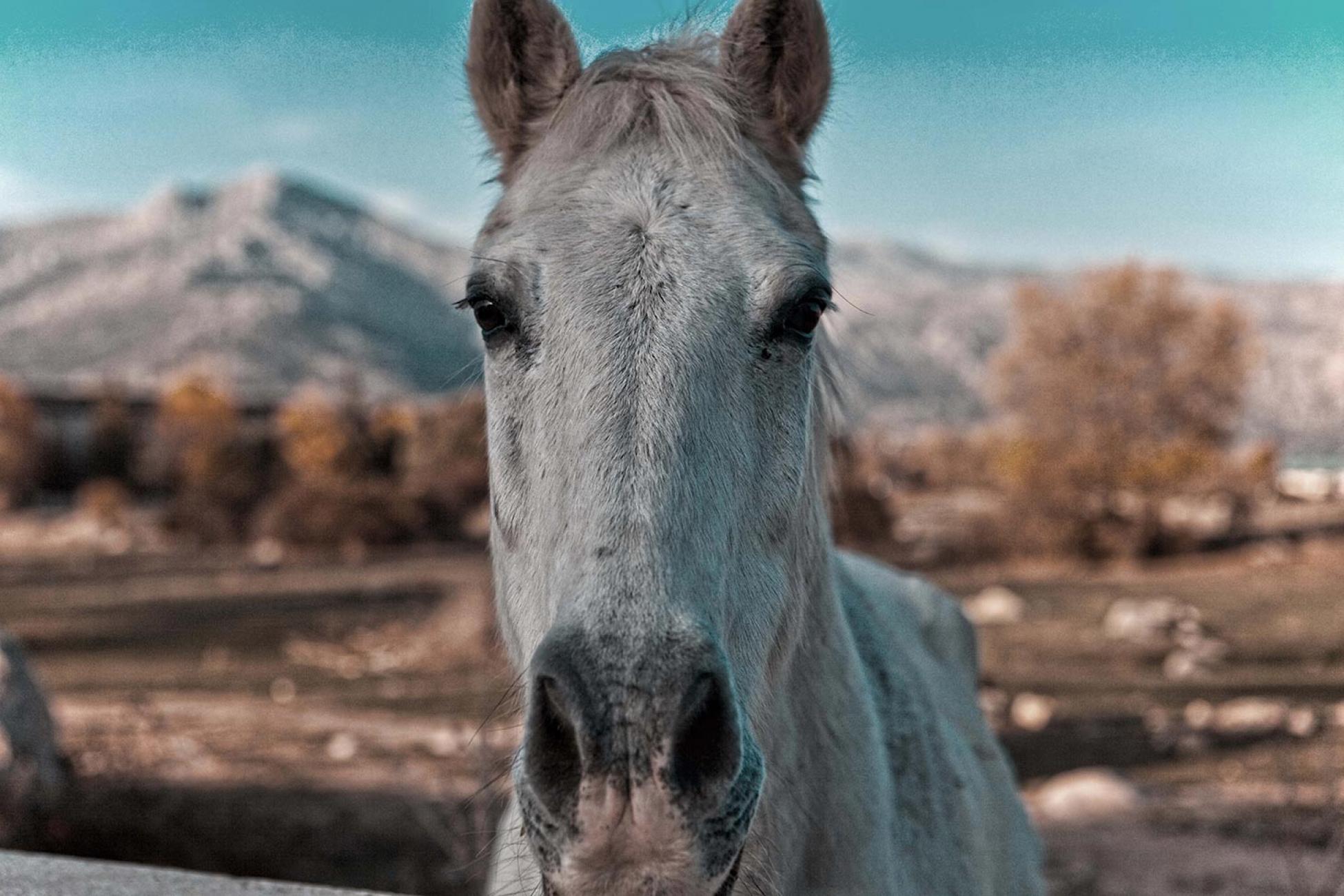
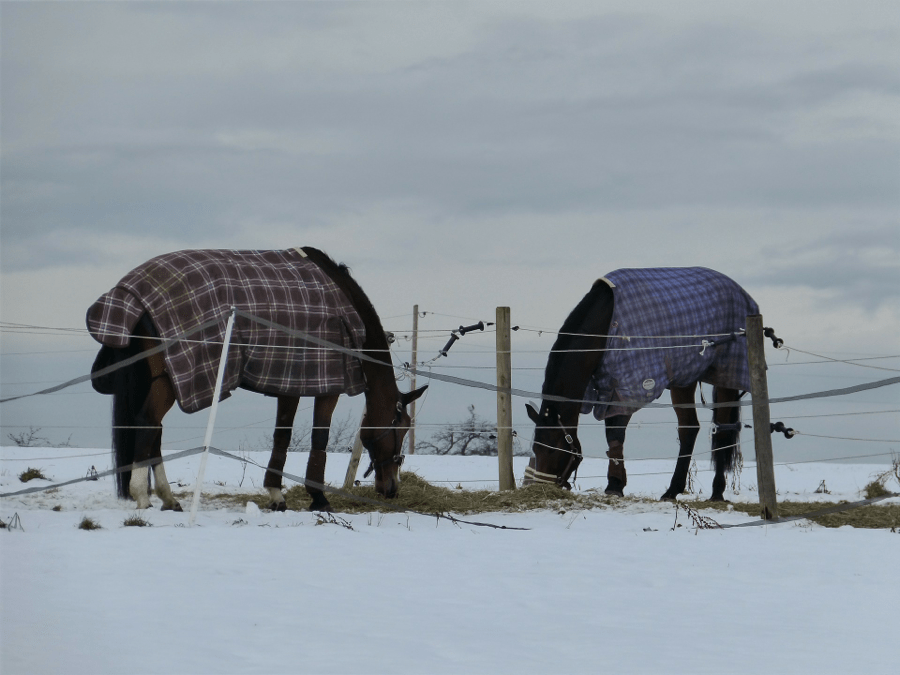


/https://public-media.si-cdn.com/filer/f6/8b/f68bbc65-727e-46fe-90e2-a6aaf9f609d8/dec2016_b12_wildphorses.jpg)

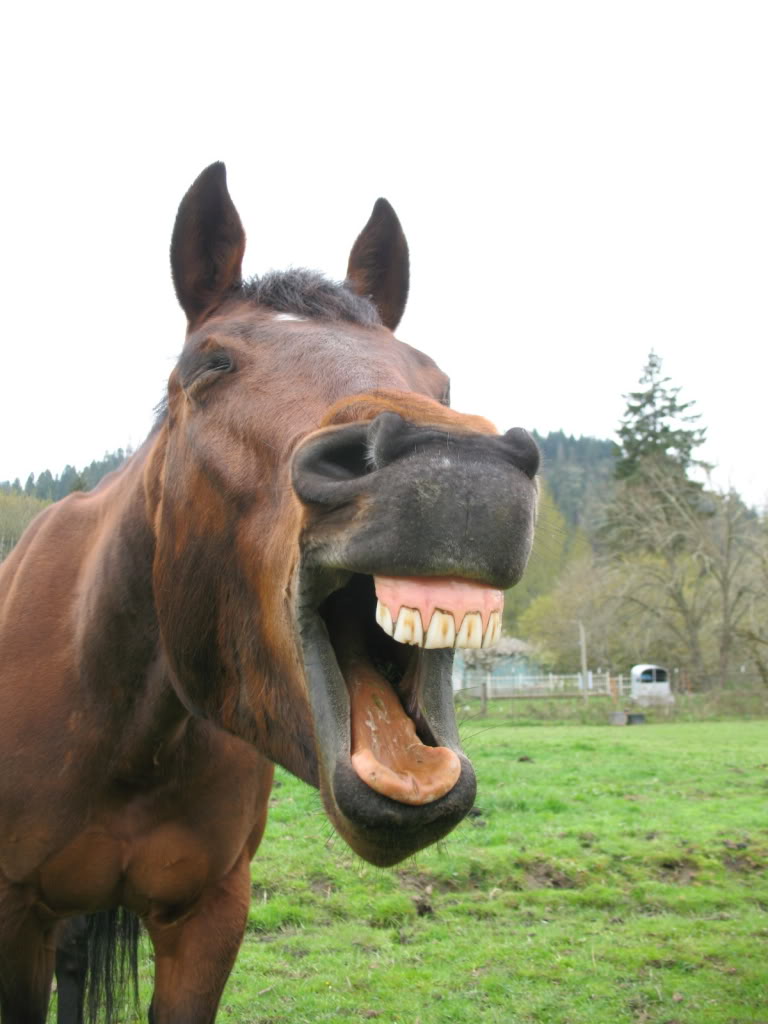








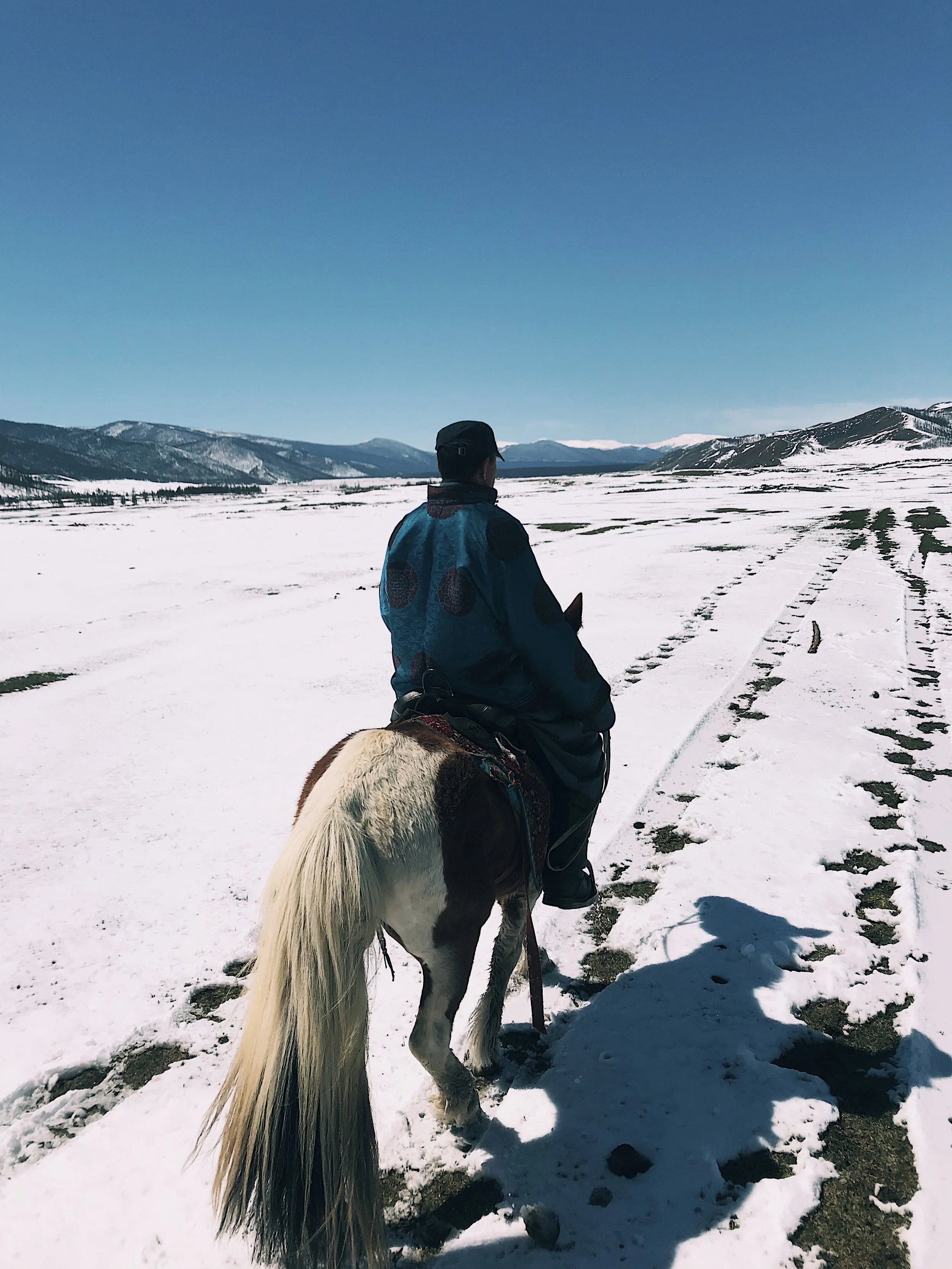


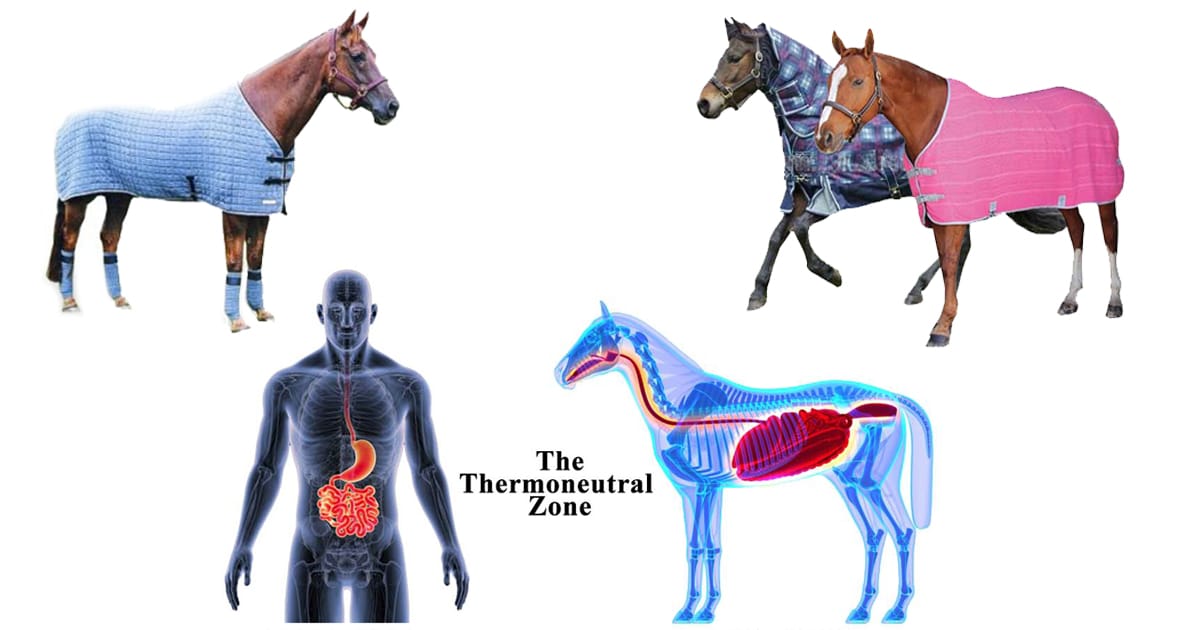
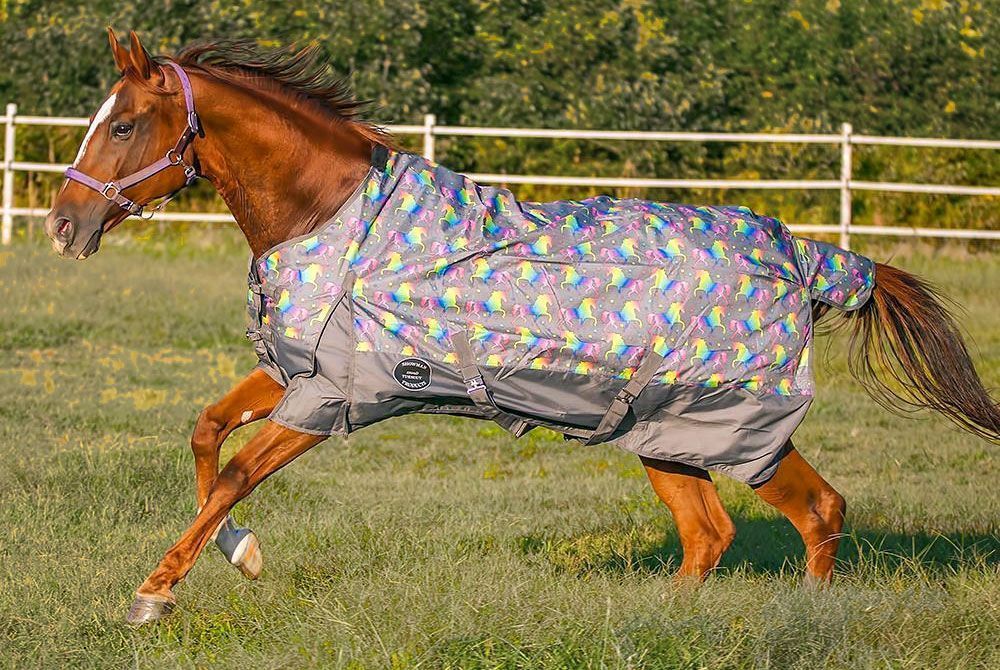

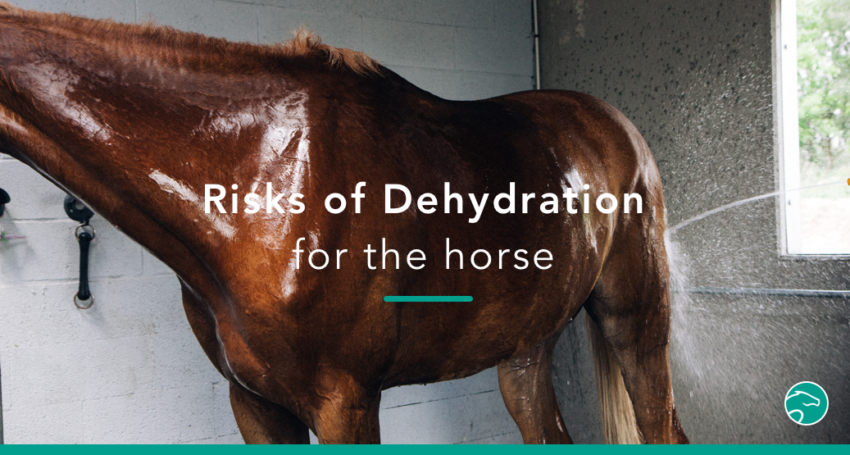


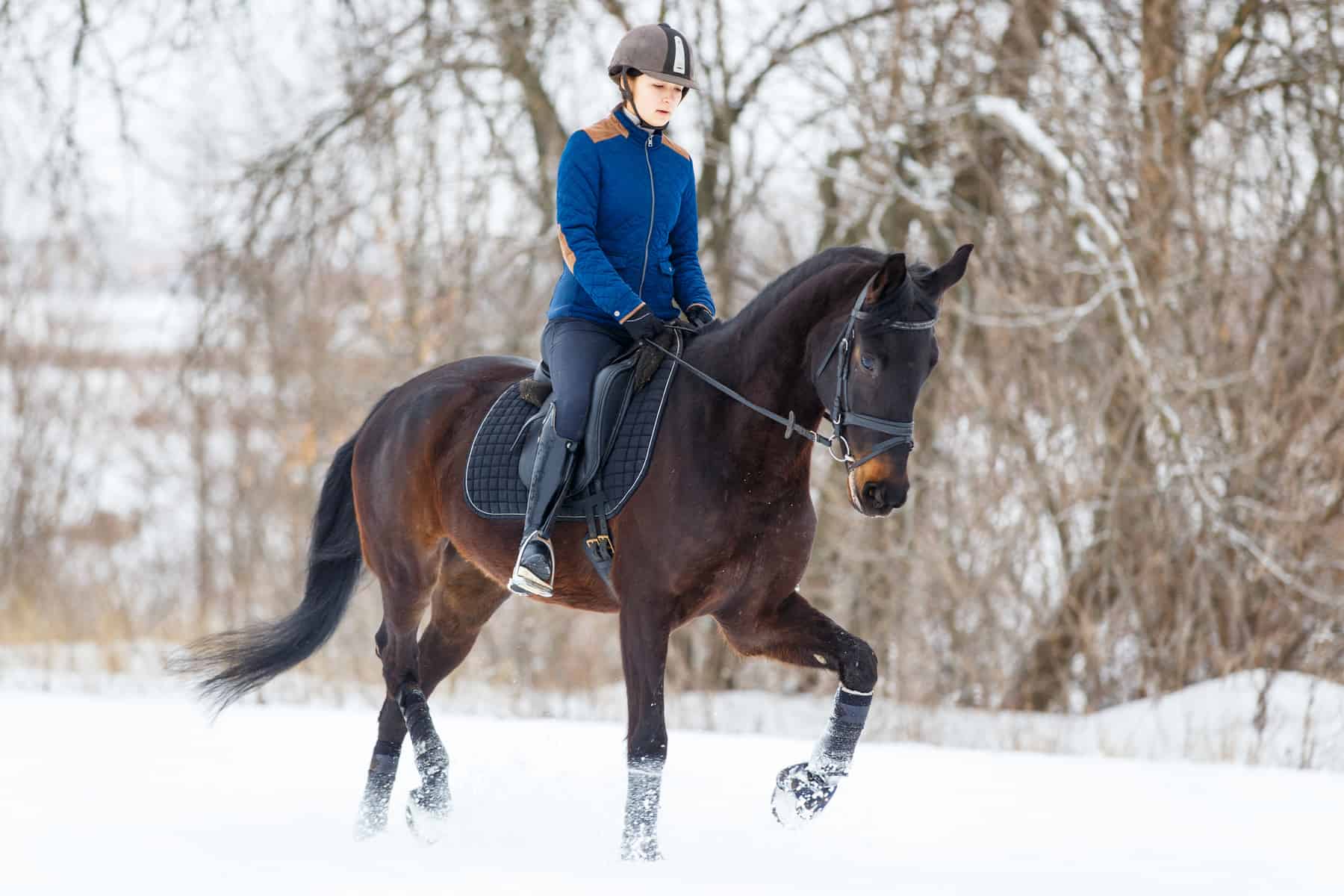
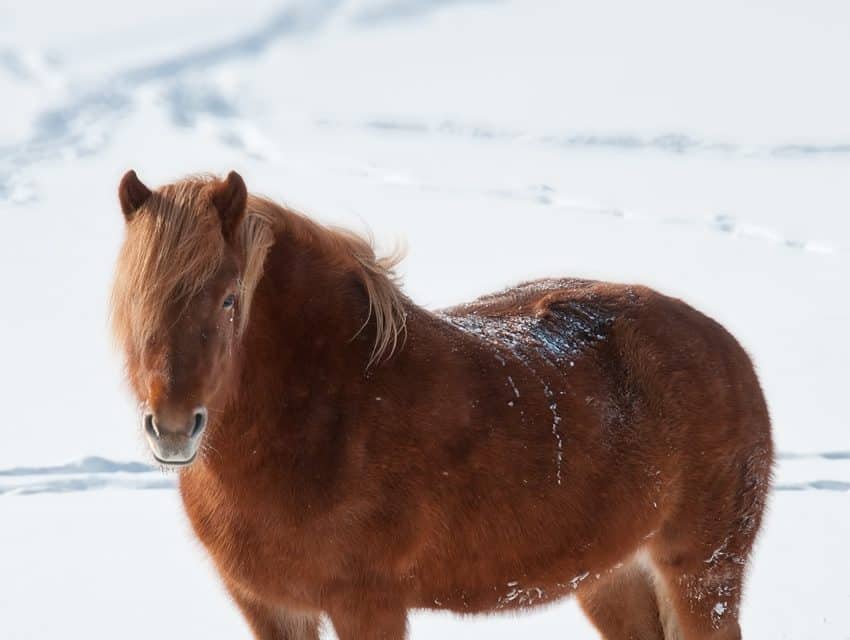

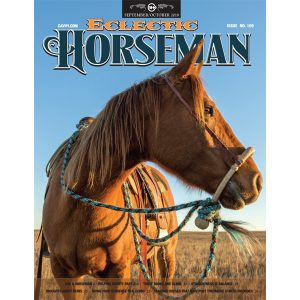




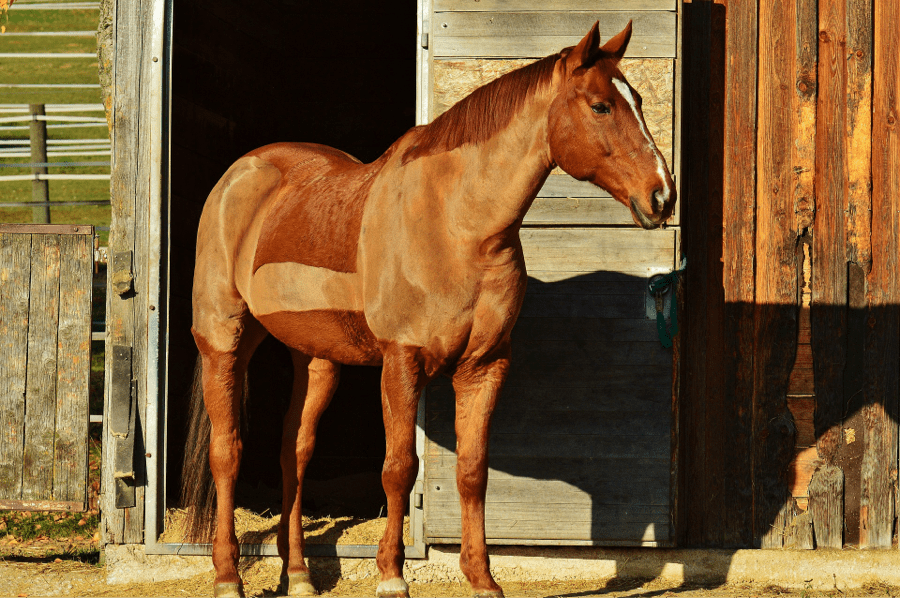


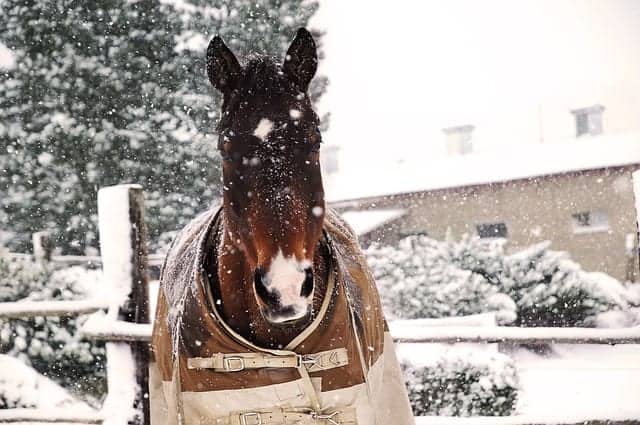












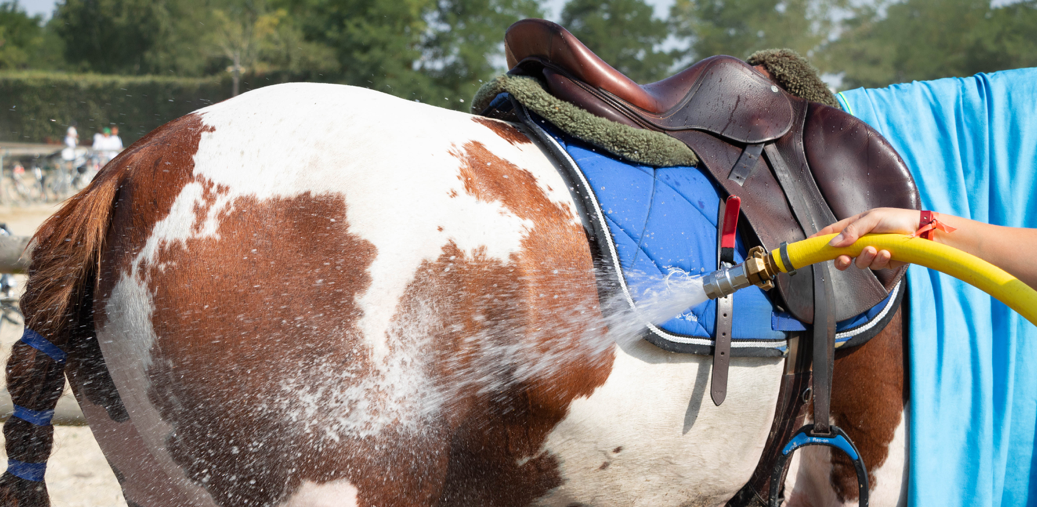


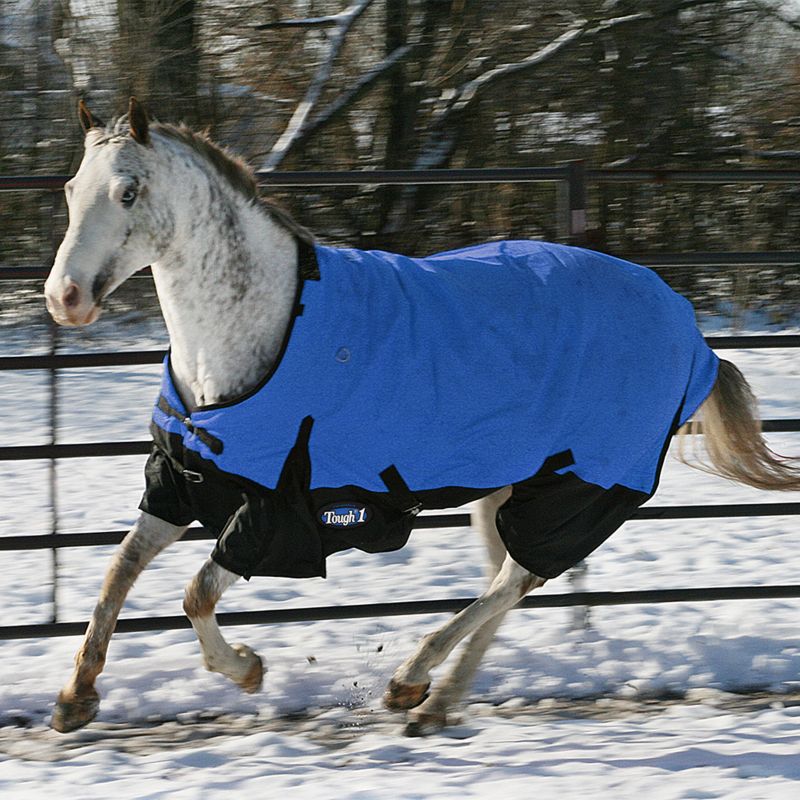
:max_bytes(150000):strip_icc()/draft-horses-in-barn-yard-in-snow-in-vermont-10035018-5851bbb03df78ce2c3887dff.jpg)





